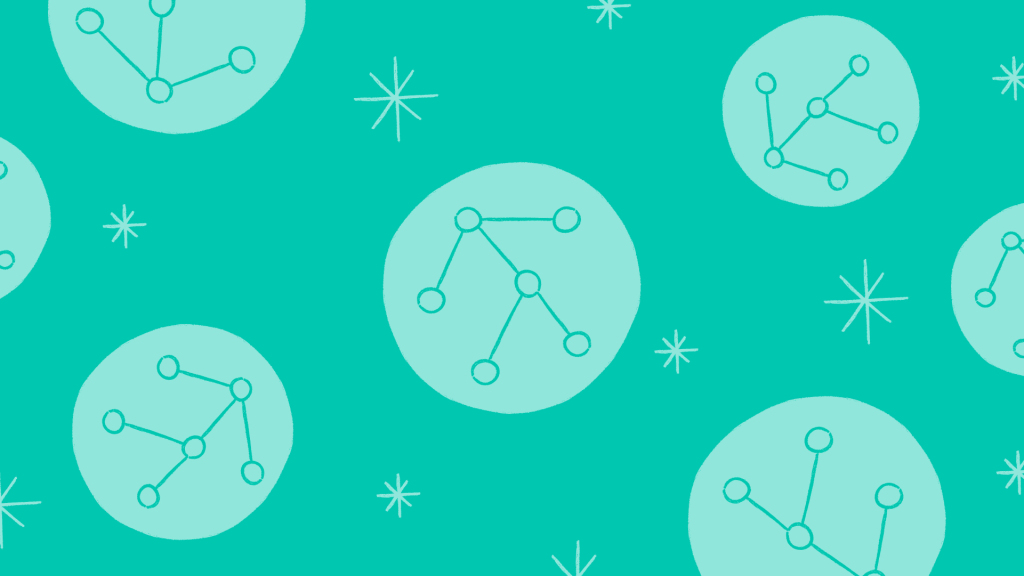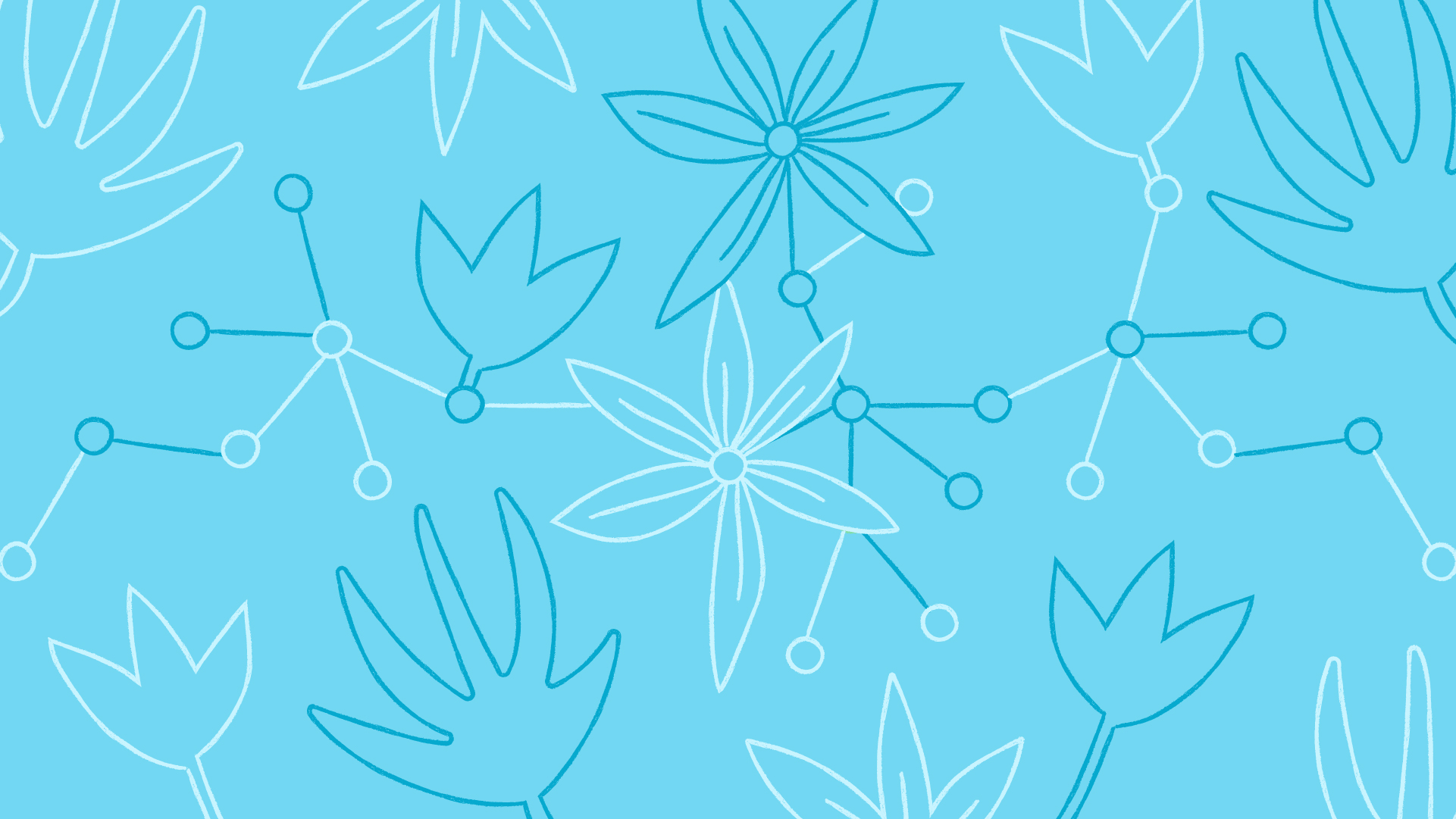
- 3 mins
5 Ways to Support your Neurodivergent Child

Sociologist Judy Singer coined the term Neurodiversity in her 1998 honors thesis. She writes, “Autism is a normal variation in the human genome, and autistic differences are authentic forms of human identity.” Autism is unique to every person with Autism. The spectrum is incredibly expansive. Some people require lifelong support in their daily lives, while others are more able to blend into typical expectations.
The challenges of creating a society engaged in welcoming diversity and equality have a long history. The knowledge of neurodiverse conditions is growing every day. This is supported by greater scientific innovation in medicine and technology.
Originally focused on Autism, the Neurodiversity Movement has been gaining momentum for decades. This movement is expanding and growing. Because of this, it now includes representing people with ADHD, dyspraxia, dyslexia and other neurodivergent conditions. The goals are to promote inclusive mindsets and positive action for change as a whole society. Advocacy has been growing globally to be more inclusive of people who experience the world differently. There’s a quote from a workshop on Autism with an easily understood metaphor that describes life as a neurodivergent person wonderfully:
“We are freshwater fish in saltwater. Put us in fresh water and we function just fine. Put us in saltwater and we struggle to survive.”
Both Autism Acceptance Week and the Neurodiversity Movement call to eliminate stigma and misinformation. The goal is change – in our homes, schools and workplaces. Advocacy education, acceptance and celebration of differences will bring new ethical, theoretical and ideological concepts to support research and practice. As a result, this movement hopes that with positivity, stopping stigma, and promoting wellbeing for all, we will enjoy a bright future for every mind.